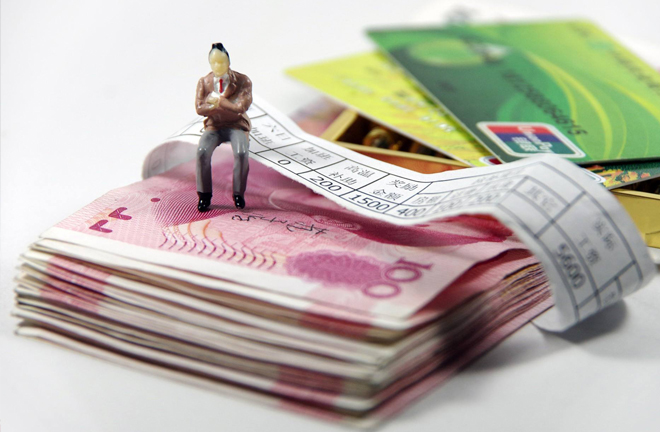Reforms to tax system will change lives of individuals, households

Cost of living has risen in recent years, making it necessary to raise the threshold for taxable income.
China’s tax law is poised to undergo a reformative revision. What are the highlights of the amendment? How will it change the lives of individuals and their families?
Personal income tax is the third-largest contributor to China’s total taxation revenue, following value- added tax and corporate tax. It plays a crucial role in raising fiscal revenue and dealing with income distribution. The Government Work Report 2018 mentioned that the country would streamline its personal income tax system and raise the tax threshold.
“The tax threshold is tied to living expenses of citizens, requiring policymakers to examine the circumstances across the country. The proposed increase from 3,500 yuan to 5,000 yuan per month is a response to people’s rising consumption expenditures, reducing the tax burden of the middle to lower income groups as well as boosting consumption,” said Shi Zhengwen, director of the Research Center for Financial and Taxation Law at China University of Political Science and Law.
Some terms in the existing tax law are not suitable for the current phase of development. The cost of living has risen in recent years, making it necessary to raise the threshold for taxable income. The reform touches a wide range of domains and embodies the principles of fairness, said Hu Yijian, director of the Institute of Economics and Management at Shanghai University of Finance and Economics.
The amendment is the seventh revision of China’s tax law. The threshold of personal income taxation was 800 yuan per month when it was introduced for the first time. After that, the country increased the threshold to 1,600 yuan in 2006 and 2,000 yuan in 2008 to reflect social and economic development. The latest change took place in 2011 when the taxable income was lifted to 3,500 yuan.
The raised threshold will reduce the country’s aggregate taxable income by 172 billion yuan. However, the decline in tax revenue is temporary. “The index is expected to return to the current level next year as individual incomes rise and the number of taxpayers will also increase in a few short years,” said Gan Li, director of the Survey and Research Center for China Household Finance.
“The introduction of the integrated tax on four types of work income follows international practices, marking a major optimization of the country’s taxation model,” said Shi Zhengwen. The move favors the people whose salaries are the main income source. High income earners with multiple income streams may pay more tax.
The reform promotes the fairness and efficiency of taxation mechanism. “The expanded scope of integrated taxation helps to improve regulatory efficiency and tackle tax evasion, said Wang Yongjun, director of the Government Budget Management Institute at Central University of Finance and Economics.
In addition, the amendment allows deductions for spending on children’s education, medical fees for serious illnesses as well as mortgage payments. It has categorized taxation standards based on taxpayers’ family circumstances to ease the burden of poor households. “Therefore, the policies can benefit citizens in a more targeted and legitimate way,” Shi added.
This article is translated from the Guangming Daily.
(edited by MA YUHONG)
